Changing course – an historic turn of events in Boston’s criminal legal system
Blog by Rahsaan Hall (pictured), director of the Racial Justice Program at the ACLU of Massachusetts
For the first time ever, Boston’s top three law enforcement officials are Black: Boston Police Commissioner William Gross, Suffolk County District Attorney Rachael Rollins, and Suffolk County Sheriff Steve Tompkins. Of course, Ralph Martin was the first Black DA in Suffolk County—and in all of Massachusetts; Andrea Cabral was the first woman and Black person to be a sheriff in Suffolk County and the Commonwealth; and the current commissioner was previously Superintendent in Chief. But these officials never served at the same time.
Our current law enforcement leadership is especially significant now because Black people are overrepresented in the criminal legal system. Their leadership is important because they can give young people of color hope and inspire them to become the decision makers. Their mere presence in these positions defies the notion that Black people are incapable of being in charge. They bring their perspective, having navigated the world as Black people. Their life experiences dealing with racism and bias help them see the world differently.
People of color—and Black people in particular—live in communities with significantly higher numbers of incarcerated and recently-released people. They also live in communities with high rates of unsolved homicides, yet their communities are over-policed. They are disproportionately held on bail, and make up a disproportionate amount of Suffolk County’s incarcerated population. It is important that these Black leaders bring their perspective as Black people to these law enforcement offices because the people closest to the pain should be the ones closest to the power.
But as Zora Neal Hurston once said, “All my skinfolk ain’t kinfolk.” How has navigating the world as Black people informed their perspective on the public safety conversation? In other words, has their relative proximity to the family of suffering and oppressed peoples made them kin to the collective hopes for restoration, transformation, and healing? They cannot solve Boston’s race problems or eradicate racism from the criminal legal system by virtue of the color of their skin alone.
These officials work in institutions and in a system that has, for generations, thrived off of the surveillance, harassment, persecution, caging, and killing of Black people—all while never facing the threat of a budget cut. Getting this system to make an about-face is like getting the Amistad to make a hairpin turn. Commissioner Gross, District Attorney Rollins, and Sheriff Tompkins will have to continue their current change-making initiatives, like declining to prosecute low-level offenses and creating specialized units that focus on reducing recidivism. But they also need to go a step further by working with more community partners to support alternatives to arrest, prosecution, and incarceration, and to ultimately end our reliance on the criminal legal system to address behaviors associated with poverty, trauma, substance use disorder, and mental health issues.
History will judge these leaders by how their framing of the issues of crime, violence, and public safety empowers communities, and disabuses others of the racist tropes that have—for far too long—informed law enforcement’s approach to addressing harm in communities. History will judge them by the ways they hold their staff accountable for the way they treat members of the community.
So in honor of Horatio Homer, Eunice Carter, and Walter Moses Burton, let the significance of Commissioner Gross, District Attorney Rollins, and Sheriff Tompkins not be that they were first—but that they were family.
Related content
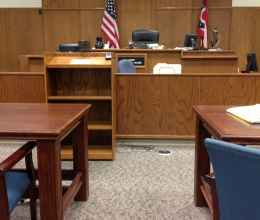
Federal Court Grants Preliminary Injunction Against Department of...
April 24, 2025Researchers Challenge NIH’s Politically Driven Grant Cancellations
April 2, 2025ACLU and NEA Sue U.S. Department of Education Over Unlawful Attack...
March 5, 2025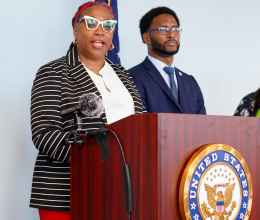
ACLU of Massachusetts statement on recommendations to reinforce...
October 16, 2024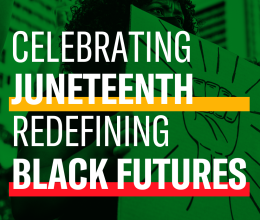
Juneteenth 2024: Celebrating the Past and Redefining the Future of...
June 13, 2024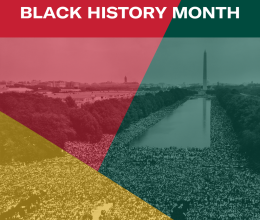
Black History Month
February 1, 2024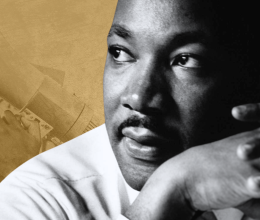
Finding the courage to be change-makers in our communities
January 11, 2024